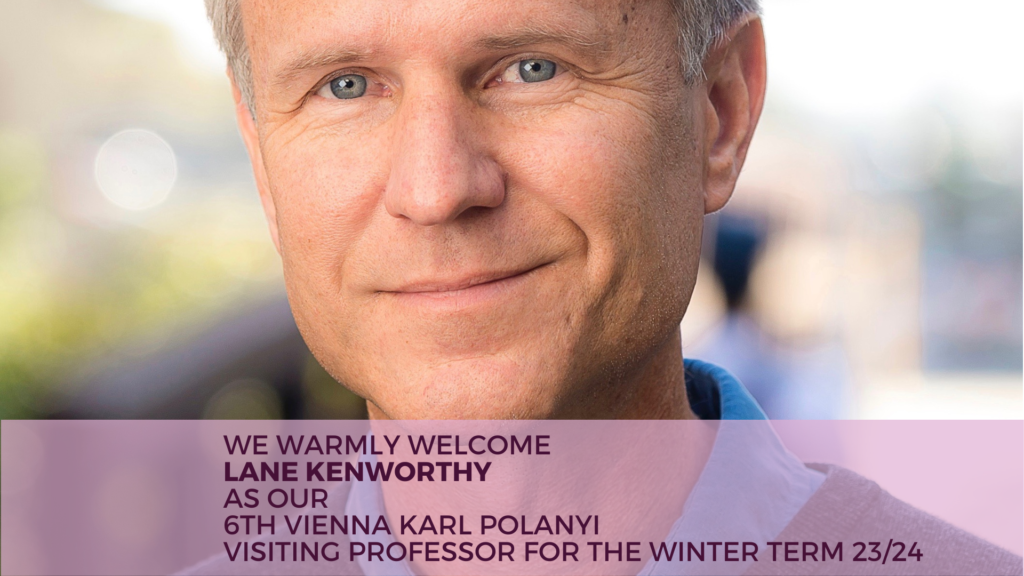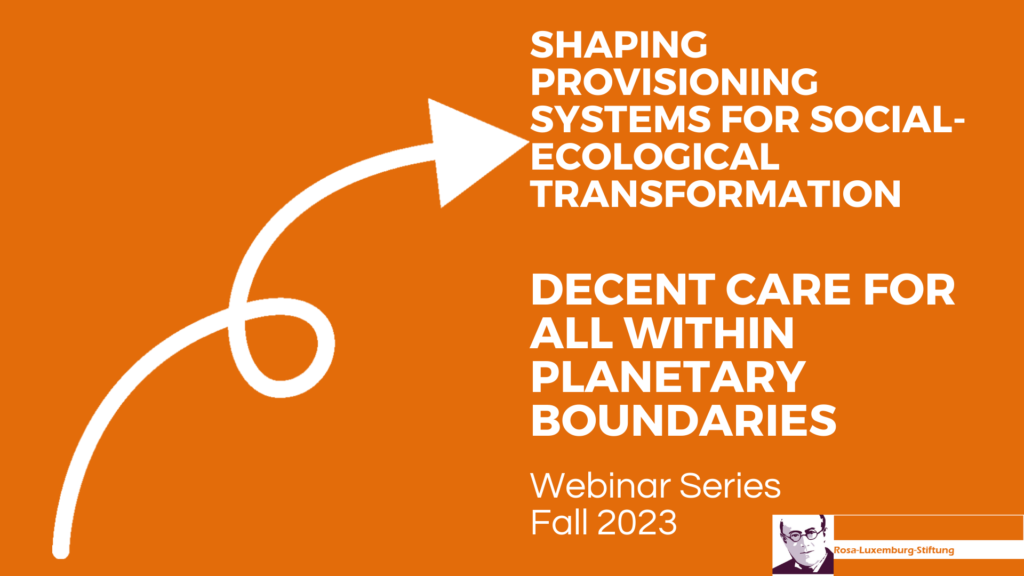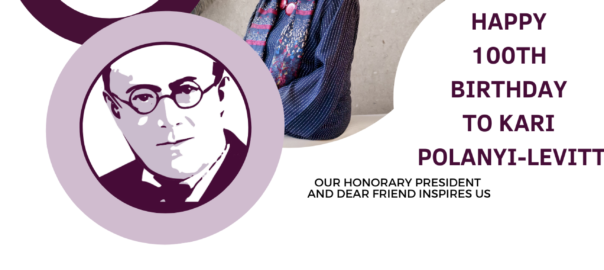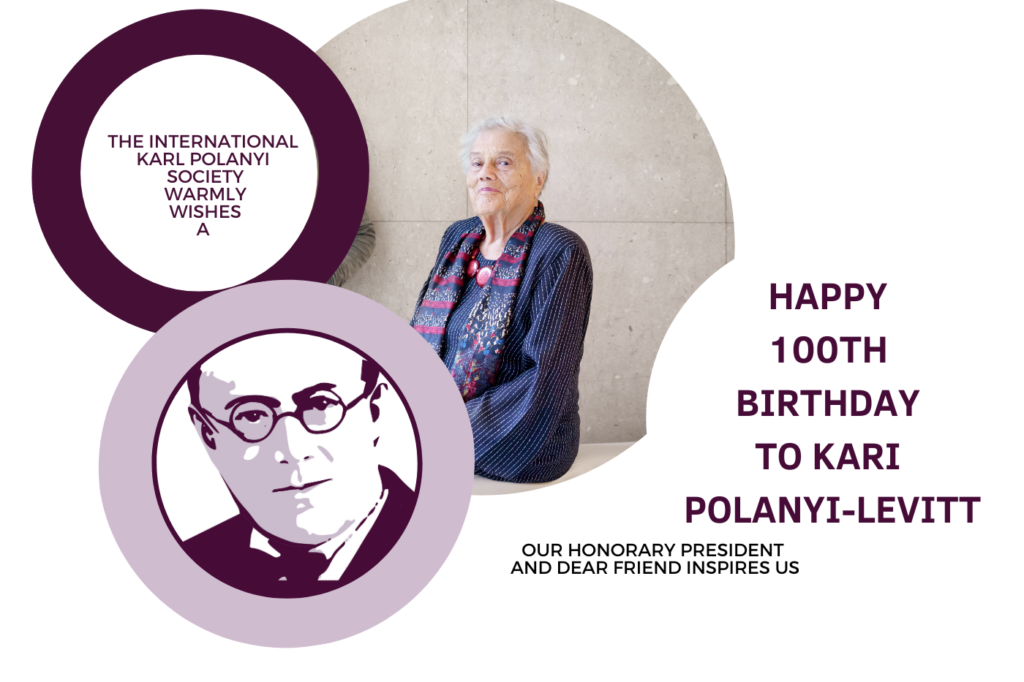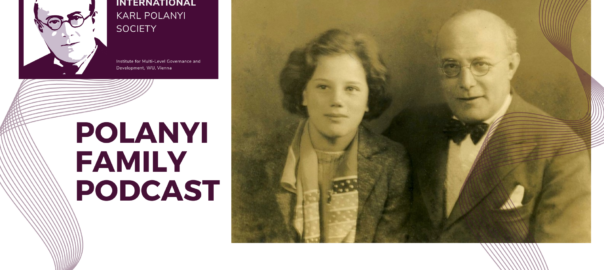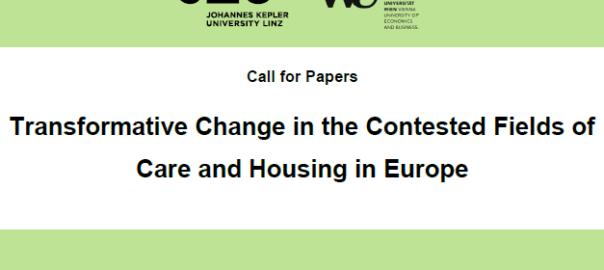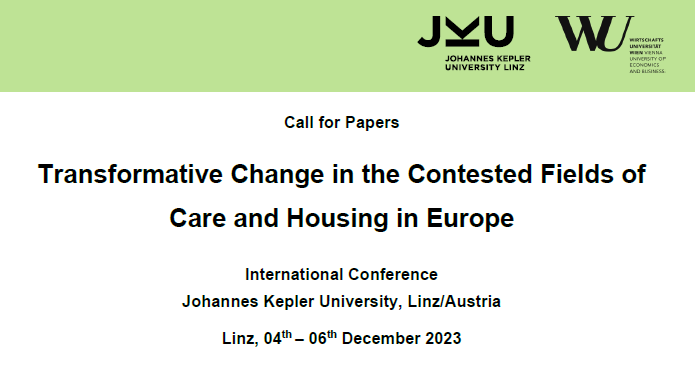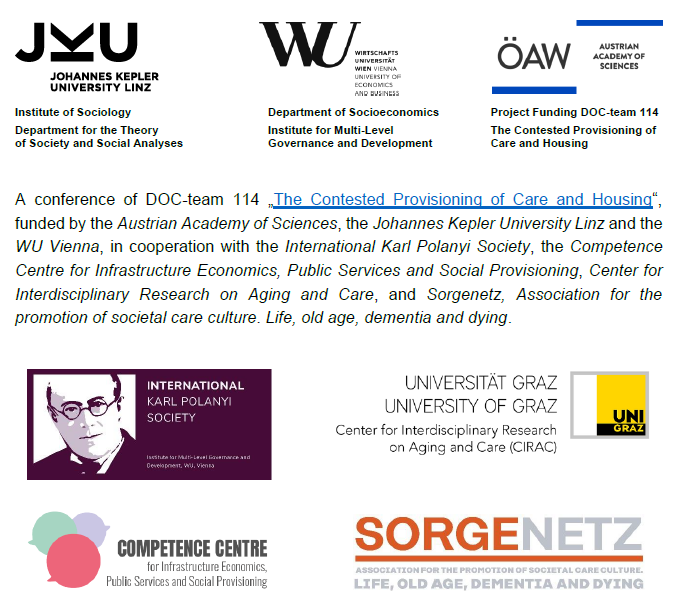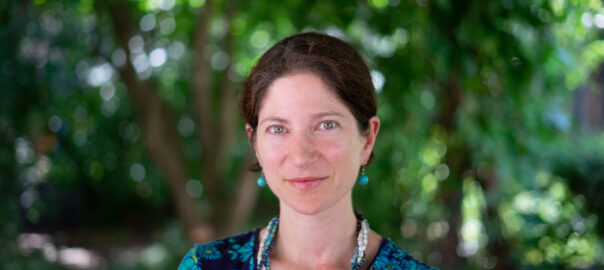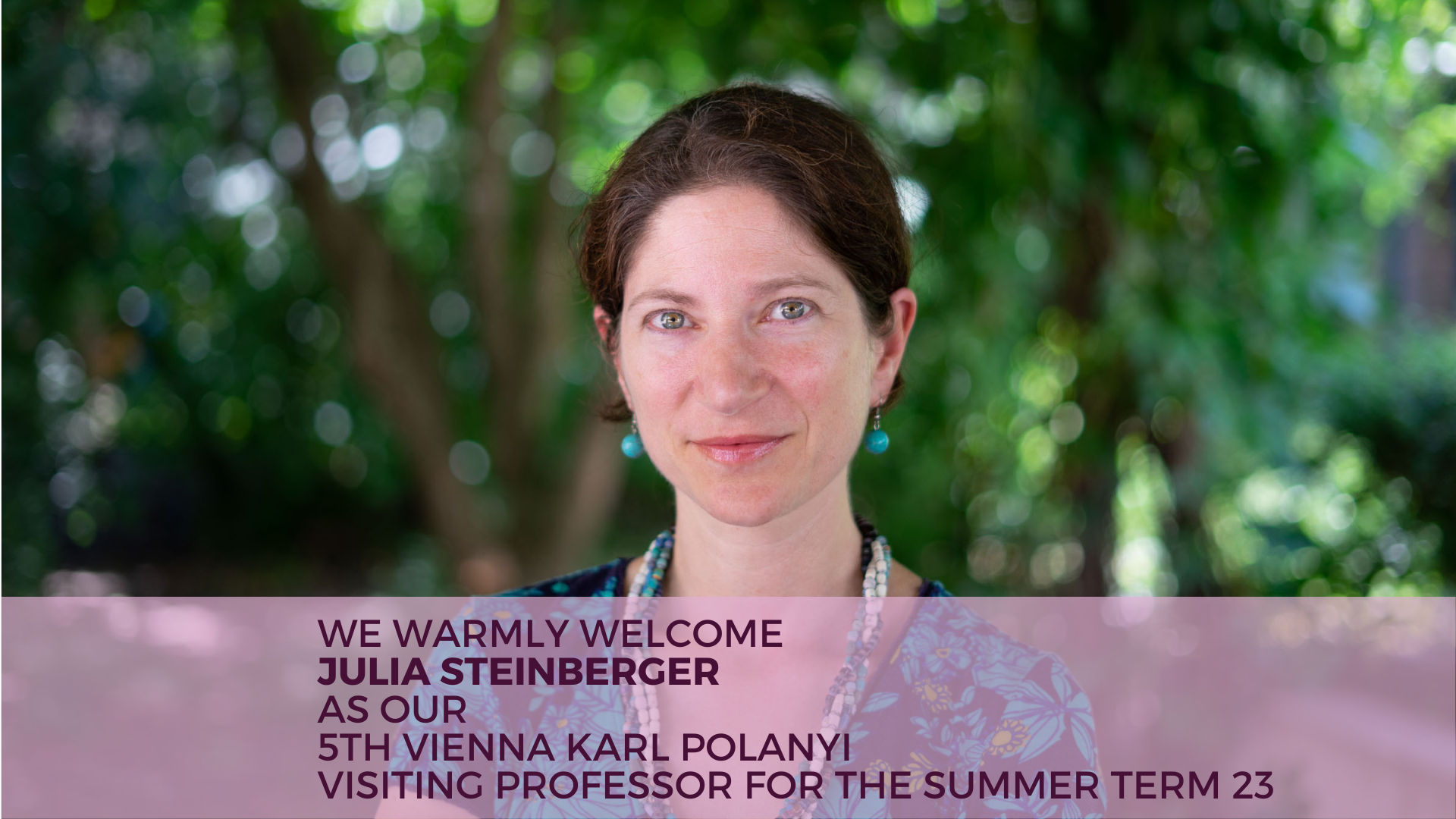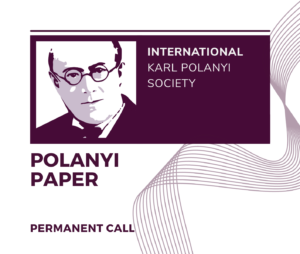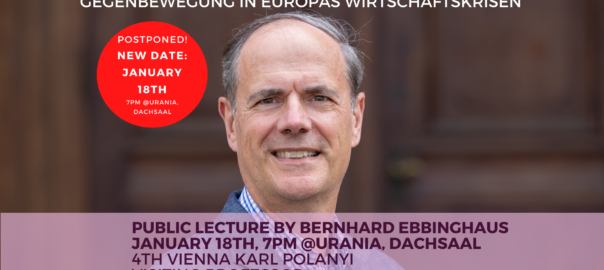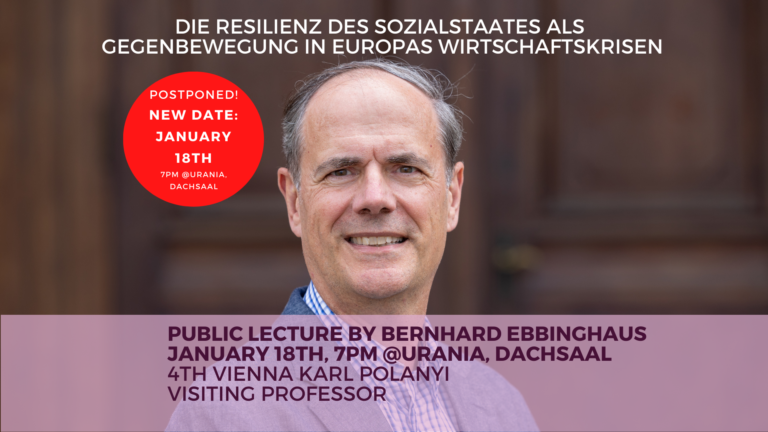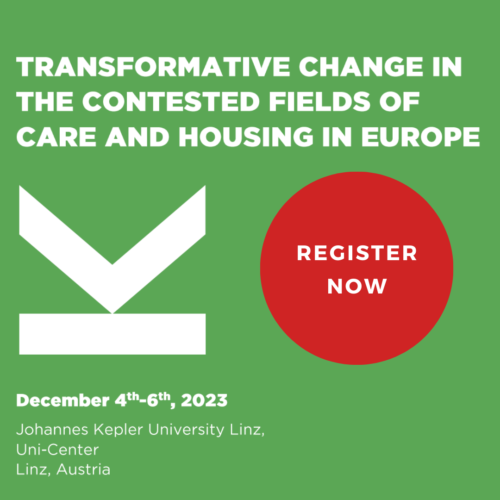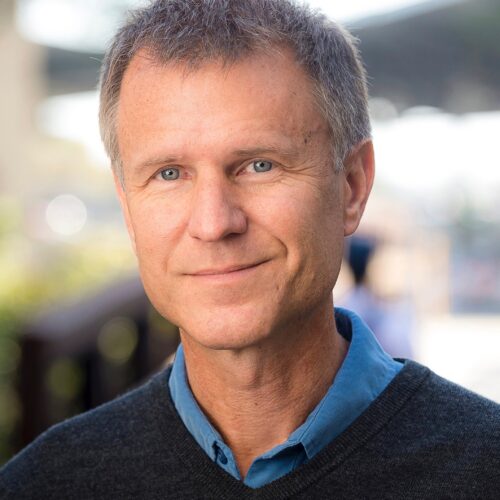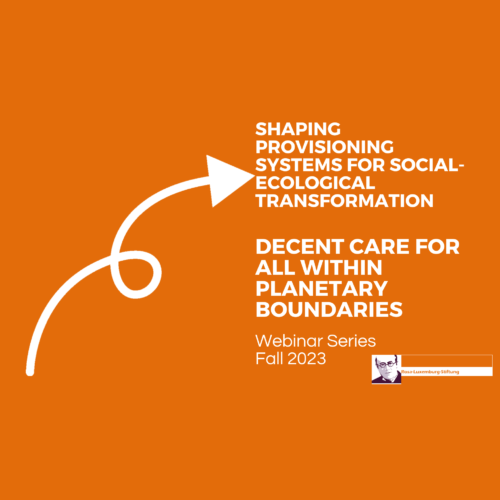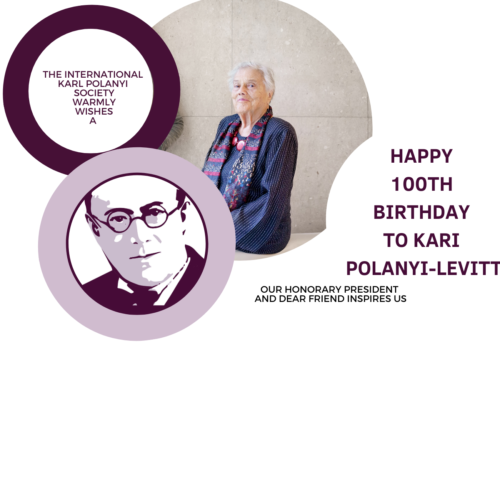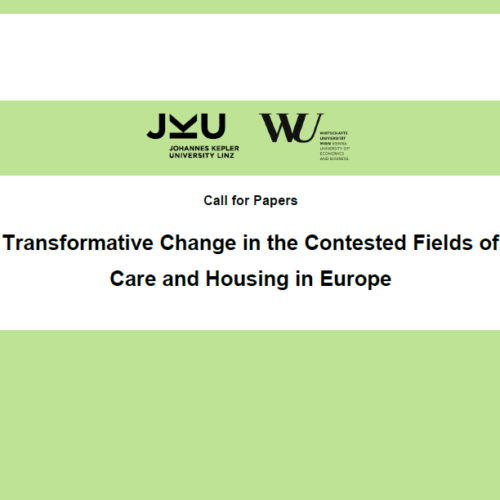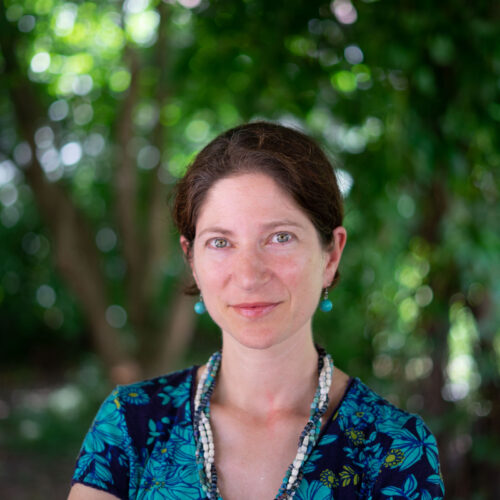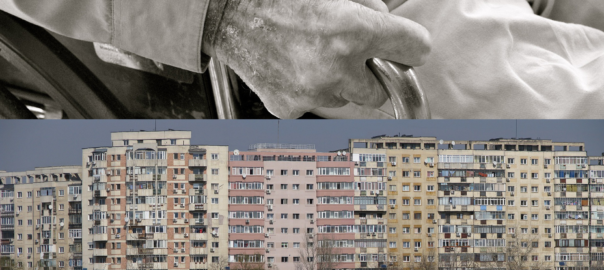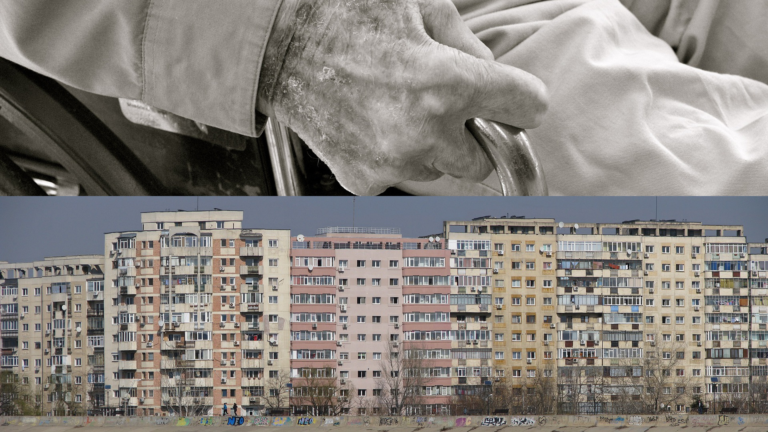Of particular interest is research which reflects on the connections of the two
fields. We aim at a broad interdisciplinary dialogue of social sciences to grasp different
perspectives of these multidimensional changes. Thus, we welcome scholars from
disciplines like sociology, socioeconomics, political economy, political science, geography,
philosophy, history, and interdisciplinary strands like gender and intersectionality studies
to contribute to the common investigation and discussion of the contested and entangled
fields of care and housing in Europe. We welcome both, theoretical approaches, and
empirical research, to analyse and reflect on the contemporary transformations, its causes,
and effects as well as commonalities and differences between fields and countries,
between city and countryside.
The conference aims at addressing the following questions with the explicit intention of
using multiple theoretical perspectives and to grasp the broad diversity of European
countries, regions, and cities:
• What are the driving forces of transformative change in the fields of care and housing?
Which social, economic, political, cultural, and technological dynamics and which
norms and values, demands and claims shape modes of care and housing provision?
• How do markets, the state, the family and the community reorganise care and
housing? What are other key actors in different institutional contexts at multiple levels
(from local to global)?
• Which disputes take place in “doing care” and “doing housing”? How do these relate
to multi-scalar struggles over working conditions, wages, and affordability as well as
the design of liveable neighbourhoods?
• What are relevant economic and political orders, welfare regimes, and social policies
and how do they structure different forms of care and housing provision?
• How do new modes, forms, and arrangements of care and housing provision promote
a different understanding of life and work? How are they interrelated with the
reorganisation of paid, unpaid and volunteer, professional and lay work and new forms
of work organisation?
• How are modes of care and housing provision and the transformative change in the
configuration of care and housing affected by the development and implementation of
digital technologies? How does technological change influence the meaning and
organisation of care and housing?
• How are modes of care and housing provision and the transformative change in the
configuration of care and housing affected by the climate crisis? How does it contribute
to changes in the governance of communities, neighbourhoods, and the living
environment to reconfigure care and housing provision?
• How do social, economic, gendered, and ethnic inequalities and socio-spatial
polarisations shape the organisation of care and housing? How do they affect
transformative change, social and ecological demands, and digitalisation of care and
housing arrangements?
• What are the commonalities and differences in the provision of care and housing?
How can theoretical and methodological approaches contribute to a better
understanding of care and housing in Europe? What are the potentials and limitations
of approaches that integrate both fields?
